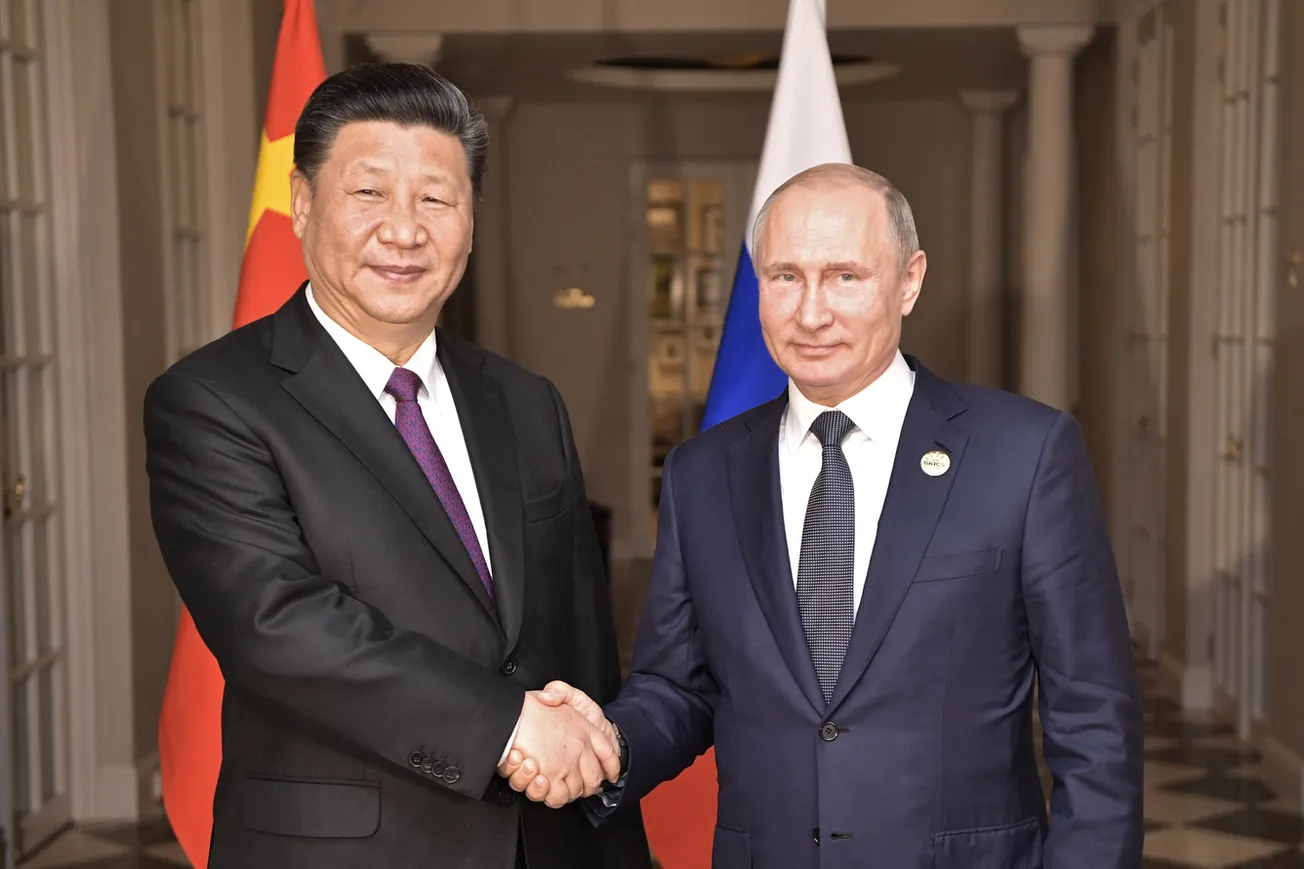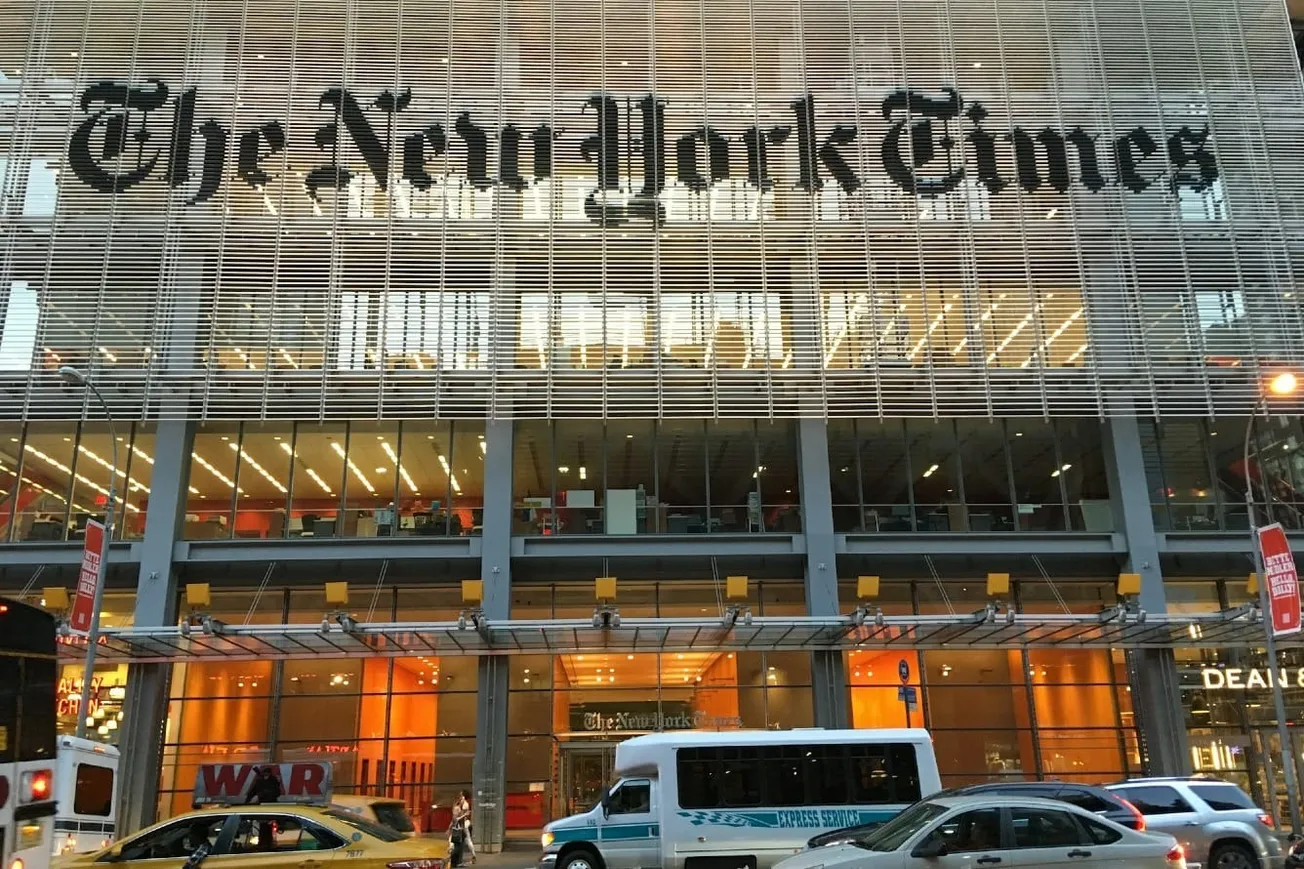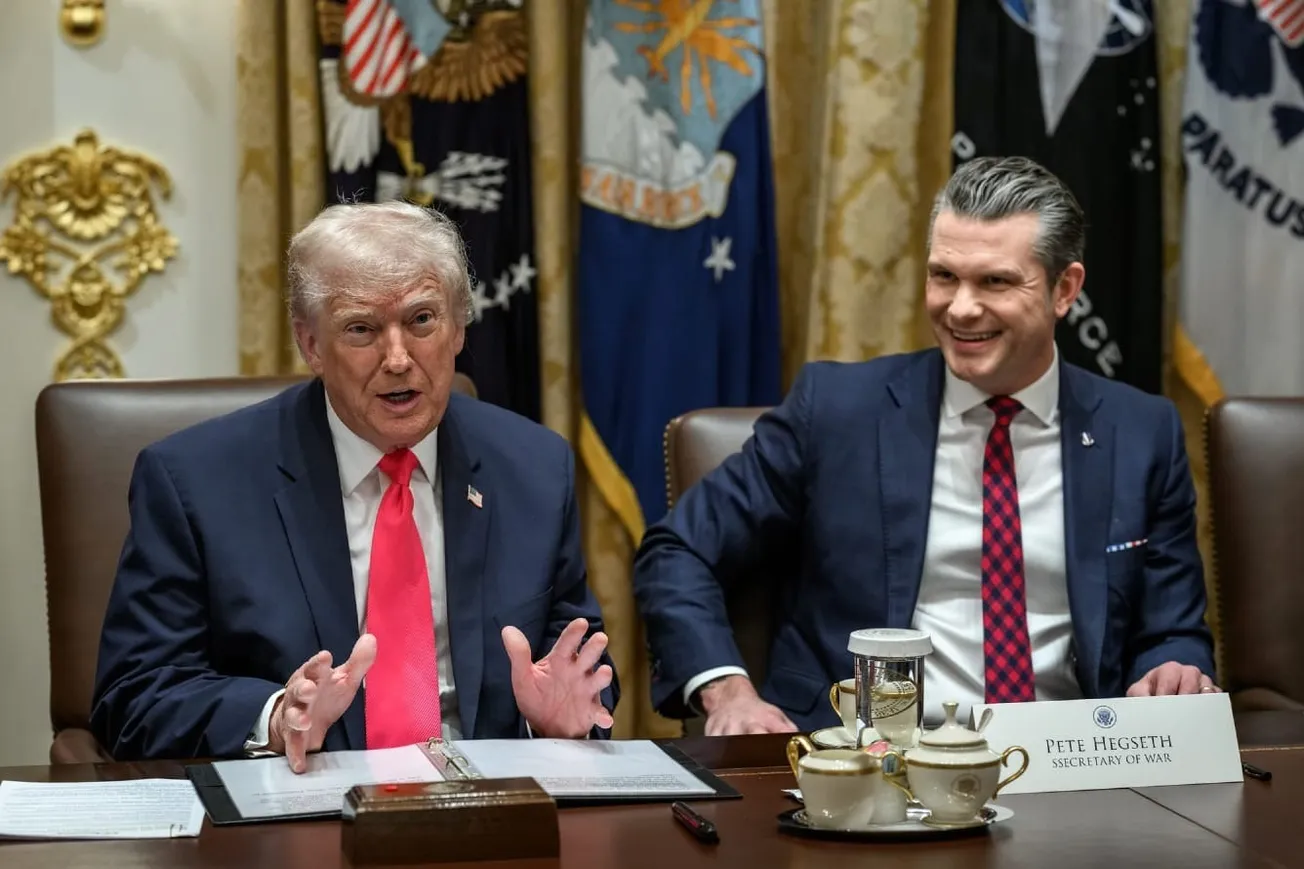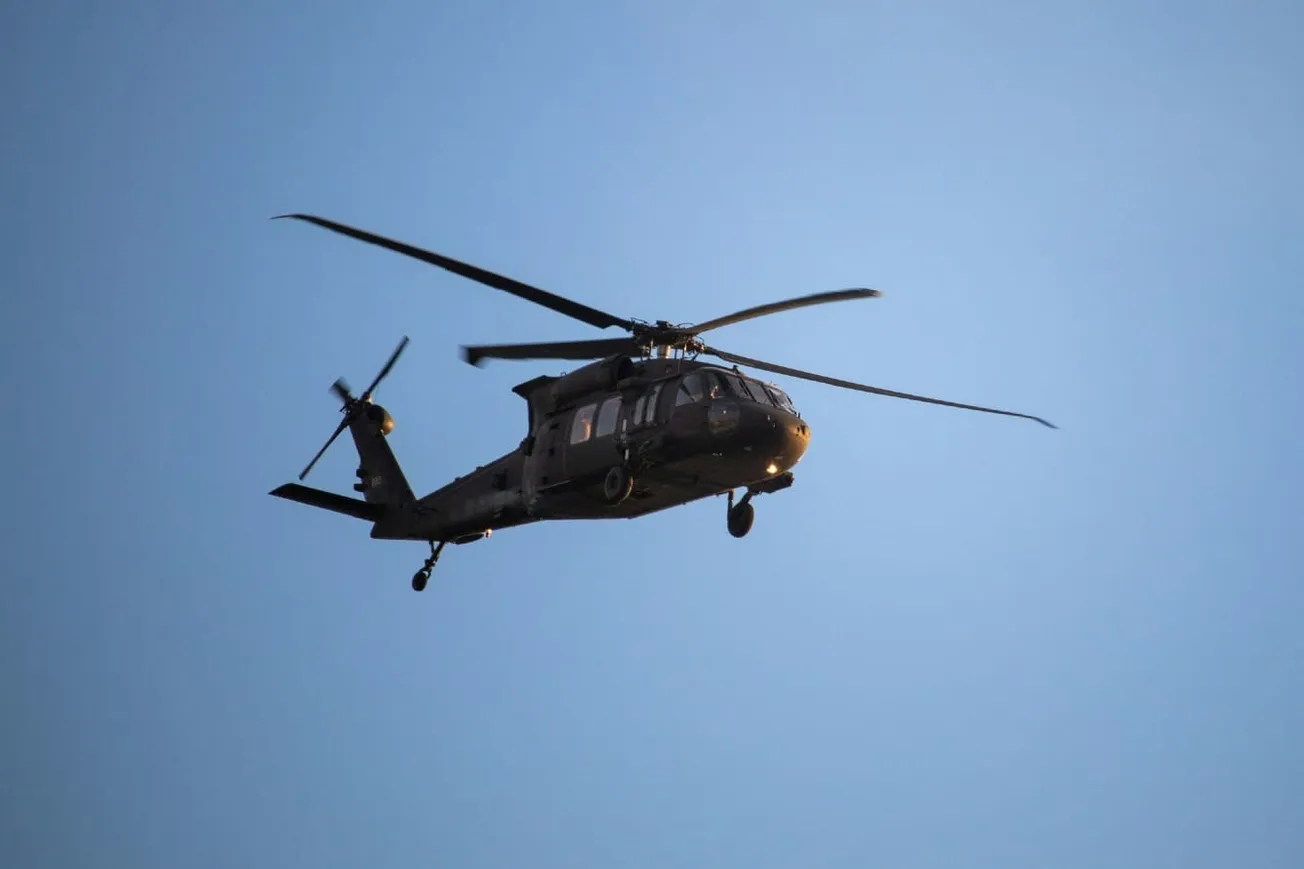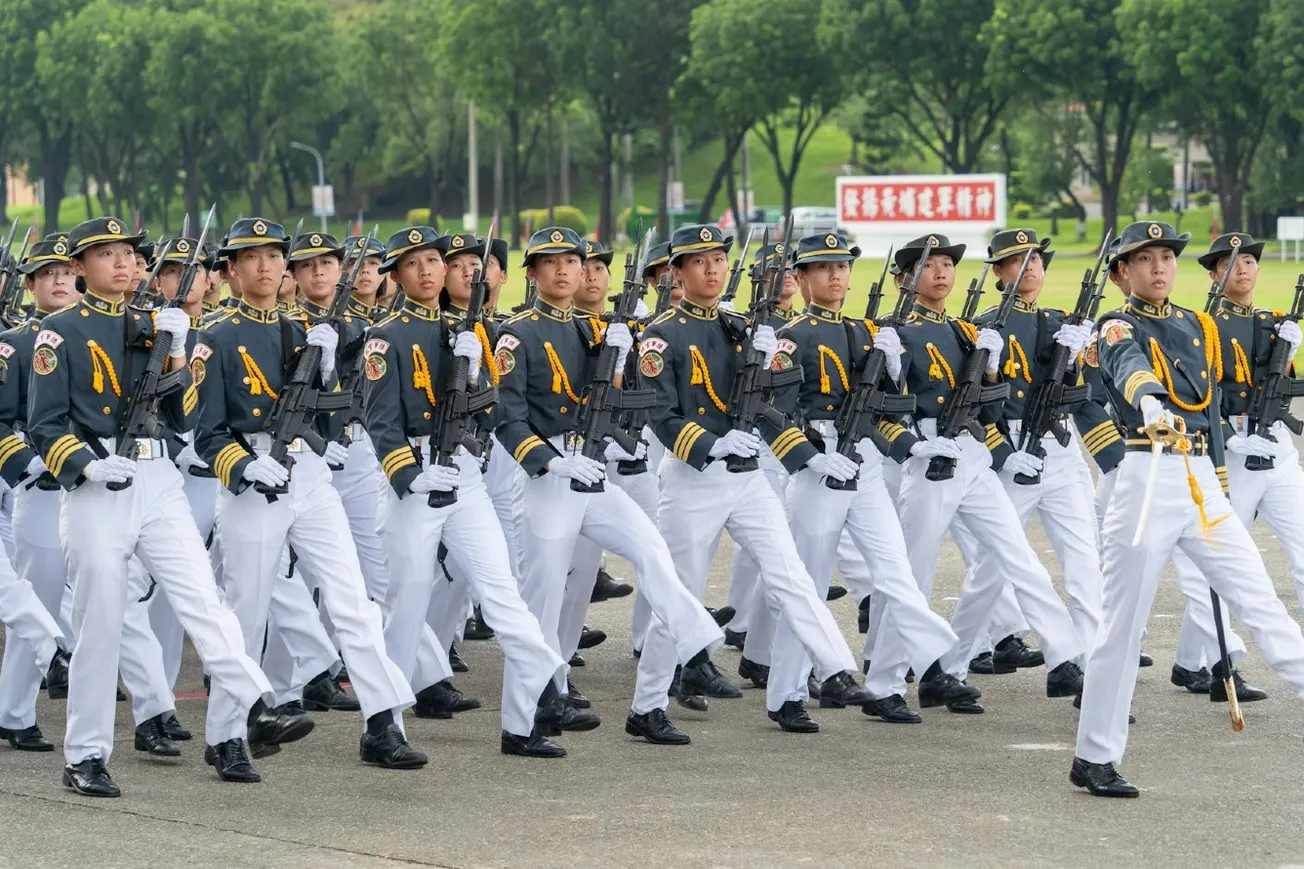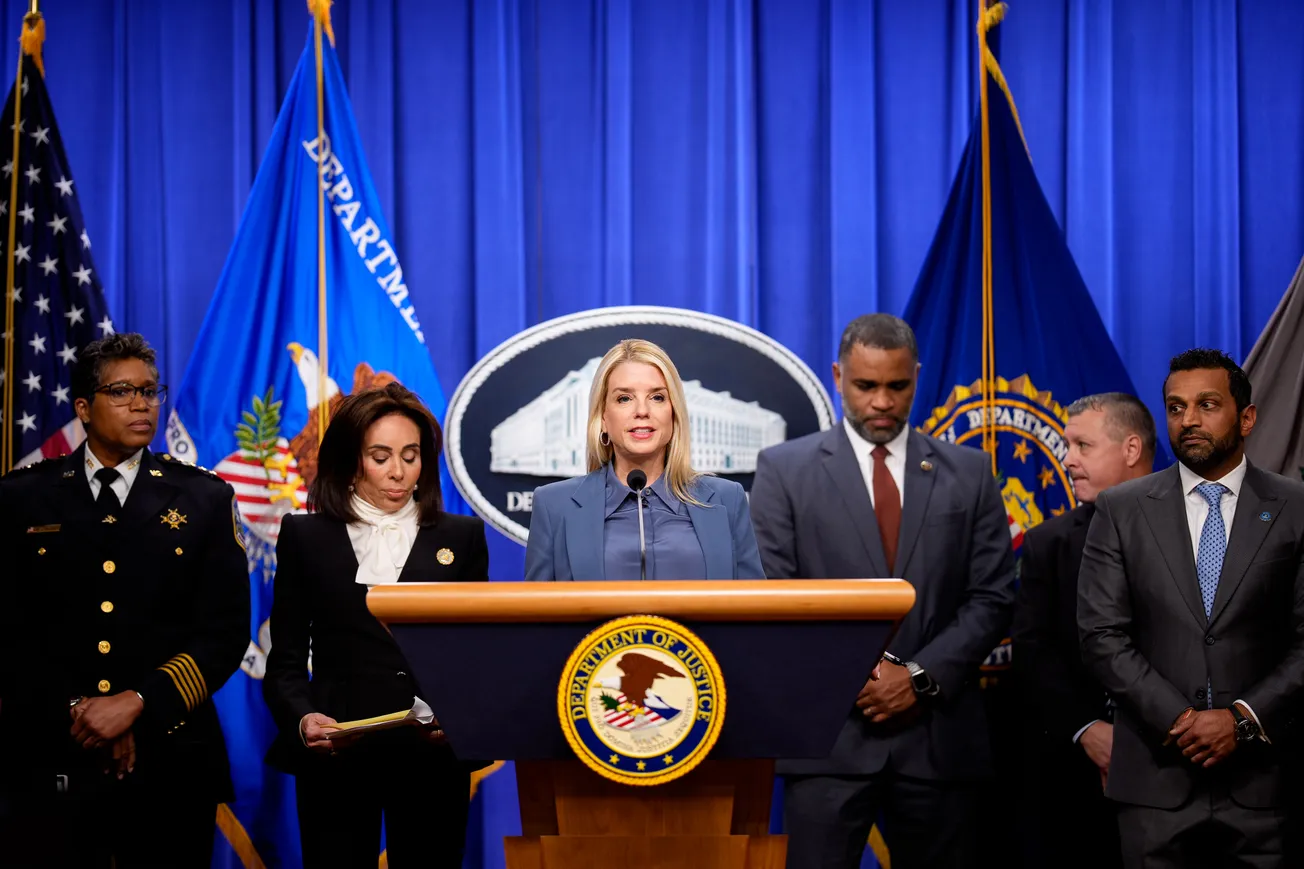By Steve Pavlick for Daily Caller News Foundation
Chinese President Xi Jinping recently visited Russian President Vladimir Putin to solidify their expanding strategic partnership. Recall that it was Putin who visited Xi last year days before he invaded Ukraine. It is worth noting that Xi has met with Putin more than any other world leader. Xi recently unveiled a 12-point peace plan in February to end the conflict in Ukraine. Putin has endorsed Xi’s plan because it would solidify Russia’s territorial gains and would largely avoid other contentious issues. Xi is expected to hold virtual talks with Ukrainian President Volodymyr Zelenskyy.
The fact that Xi does not plan to travel to Ukraine reinforces the fact that he is not a neutral mediator. Moreover, it is not in China’s interest to seek a quick end to the conflict. Regardless, Xi wants to bolster the perception that he is a peacemaker even if he is not sincere in pursuing peace because he wants to boost his international image, which has suffered due to his coverup of the Covid pandemic outbreak and human rights atrocities in Xinjiang. Xi also sees an opportunity to draw a diplomatic contrast with calling for peace compared with U.S. efforts to arm Ukraine to prolong the conflict. The Economist reported that many countries are ambivalent about the war and wonder how it will end. At least 100 countries, accounting for 40% of global GDP, are not fully enforcing sanctions.
Self Interest
For Putin, the benefits of Xi’s visit are clear. The photo-op of Putin standing with the leader of the world’s second-largest economy is a powerful propaganda tool. It discourages other countries from joining the pro-Ukrainian Western-backed alliance in imposing sanctions.
China probably wants to avoid providing Russia with direct military aid that could result in Western sanctions, particularly as its economy is looking to rebound after suffering from Xi’s zero-Covid restrictions. However, given that it is in China’s interest to prolong the war, it may be forced to eventually provide more military aid to Russia in the future. Presumably it would look to do so indirectly through third countries to preserve its deniability claim. This would provide it with plausible deniability that other countries could use as a diplomatic fig leaf to oppose pursuing economic sanctions against China.
Russia’s dependence on China as an economic lifeline to withstand Western sanctions has only grown since the conflict began. China’s economic assistance allows Putin to continue funding his war efforts. Putin is betting that the Western alliance will break down as political pressure mounts to avoid the conflict stretching into a second year.
Russia reported that China’s trade with Russia hit a record high in 2022, growing by 30%. Both China and Russia want to deemphasize the U.S. dollar which is the world’s reserve currency and arguably the source of U.S. soft power diplomacy because it increases the impact of financial sanctions. Before the war, China and Russia sought to engage in trade in both Russian rubles and Chinese yuan, but now the trade is predominantly done in yuan, another sign of the growing lopsided nature of the relationship.
For Xi, the benefits of visiting Putin are also evident. He sees a chance to exploit Russia’s vulnerable situation so that China can continue to receive energy supplies at a deep discount. Notably Xi did not announce a plan for a big increase in energy purchases from Russia because he does not want China to become overly dependent on Russia for energy since it could alter the power dynamics of their relationship. China also wants to take advantage of the U.S. withdrawal in the Middle East to expand its sphere of influence there. China also gets greater access to Russian military technology as Xi looks to bolster his capabilities to invade Taiwan.
Xi may also believe it is in his political interest to keep Putin in power since a potential successor might be more sympathetic to the U.S. and the West and less reliant on China. Prolonging the conflict in Ukraine also redirects Western attention and military resources, which could make it easier for Xi to invade Taiwan. A Western alliance may have less political will to defend Taiwan if voters become war-wary as the conflict in Ukraine continues into its second year. Xi and Putin also share a common enemy in the U.S.
Diplomatic Approach
There was hope that Xi and Biden would establish a floor to prevent relations from deteriorating after the two leaders met last November on the sidelines of the G20. However, a planned meeting between the two countries’ top diplomats was scrapped after China sent a spy balloon over the continental U.S. earlier this year. Moreover, the planned trip by Taiwanese President Tsai Ing-wen to California to meet with House Speaker Kevin McCarthy (R-CA) will make it harder the U.S. and China to reengage diplomatically.
Xi may have concluded that there is no prospect for reducing tensions with the U.S. and is therefore pivoting towards a more confrontational tone which includes more aggressive diplomatic outreach.
China also scored a win when Honduras, a country that been an ally of Taiwan, switched its diplomatic ties to Beijing. On March 23rd the Economist wrote that China’s “transactional worldview has more support outside the West than you may think.” Apparently Xi wants to explore that idea.
Steve Pavlick is a Partner & Head of Policy at Renaissance Macro and a former Treasury official.
Original article link

